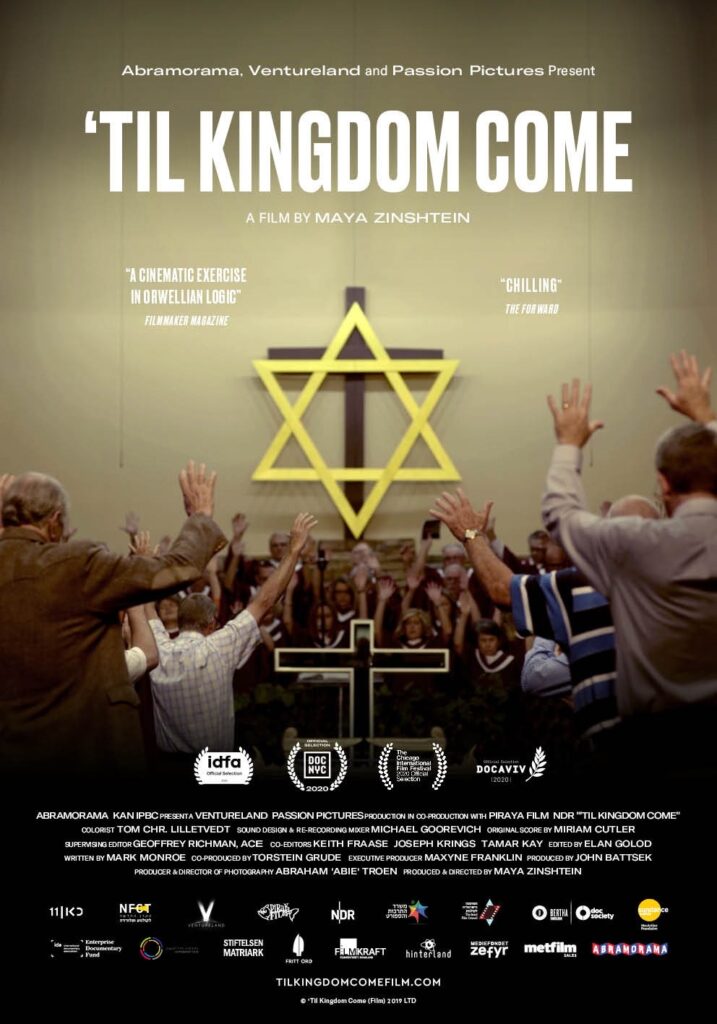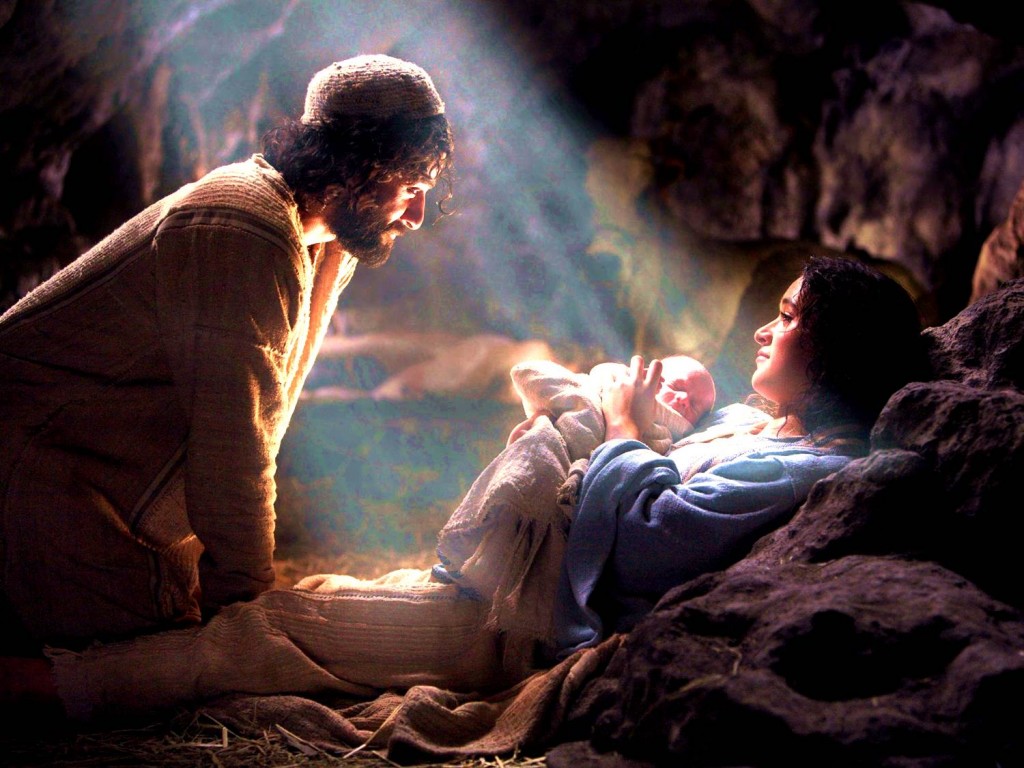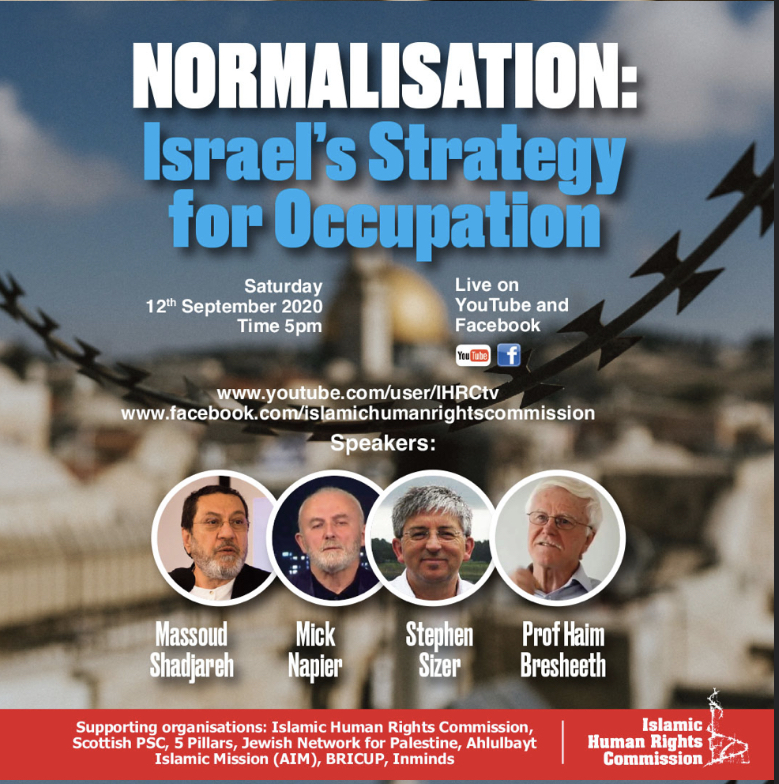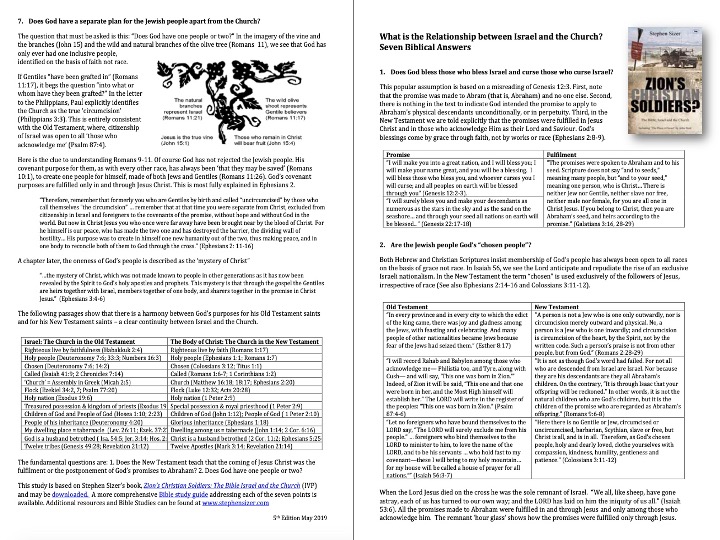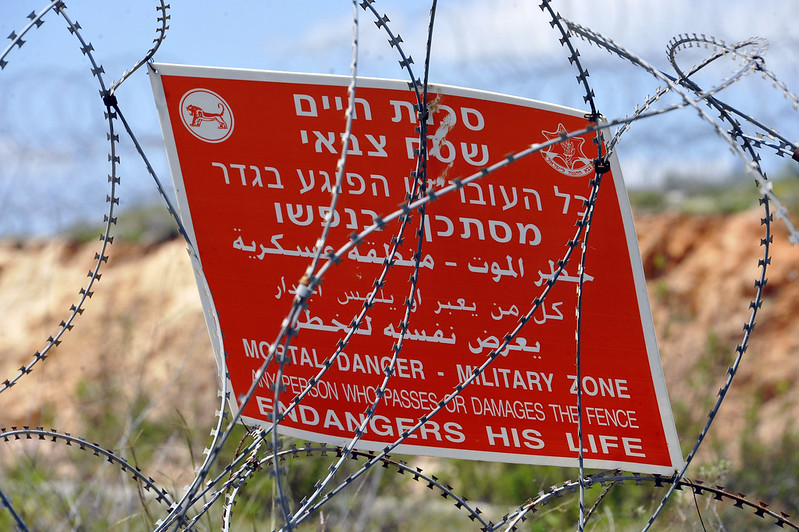
Around Easter time, a few years ago, I found myself in Bethlehem. I planned to spend the day with a Christian family in a village called Beit Jala near Bethlehem. Their land had just been confiscated. Their beautiful old olive trees are being bulldozed to make way for the 8 metre high Separation Wall. It was going to come within 3 metres from their front door and not only cut off all day light, but cut their whole village in half. The Hafrada or apartheid wall (that is what it means in Hebrew) has been ruled illegal by the highest court in the world, the International Court of Justice. But few are doing anything about it. So we did. But we never got to see the family that day.
As we walked down the hill towards their property we came face to face with a line of soldiers with guns and tear gas and sound bombs. And they were not about to let anyone through. They tried to scare us off by lobbying few sound bombs at us. And they succeeded in scaring us, temporarily. But we carried on walking toward them until we came face to face with these young soldiers. We assured them that we were unarmed and had peaceful intentions. We were not there to hurt them. We disagreed with what their government is doing. We wanted to see our friends on the other side of the road – please. They said no and after an hour or so we went home. I came back the next day with a friend and we managed to see the family and take these pictures.
I am still working through the rights and wrongs of civil disobedience. What do you do when you see people made homeless, widowed, orphaned? When you witness deep injustice, theft, exploitation? When you see a State abuse its power? And Christians justify this theft of land in the name of God? What would you have done? More importantly what would Jesus have done? I can tell you what he would not have done. Would he have picked up stones and thrown them at the soldiers? Would he have taken up a gun and forced his way through? No, of course not. But would he have ignored the suffering? Would he have walked by on the other side? I don’t think so. What was the point of the parable of the Good Samaritan? If you are not sure, you need to watch our film With God on our Side.

